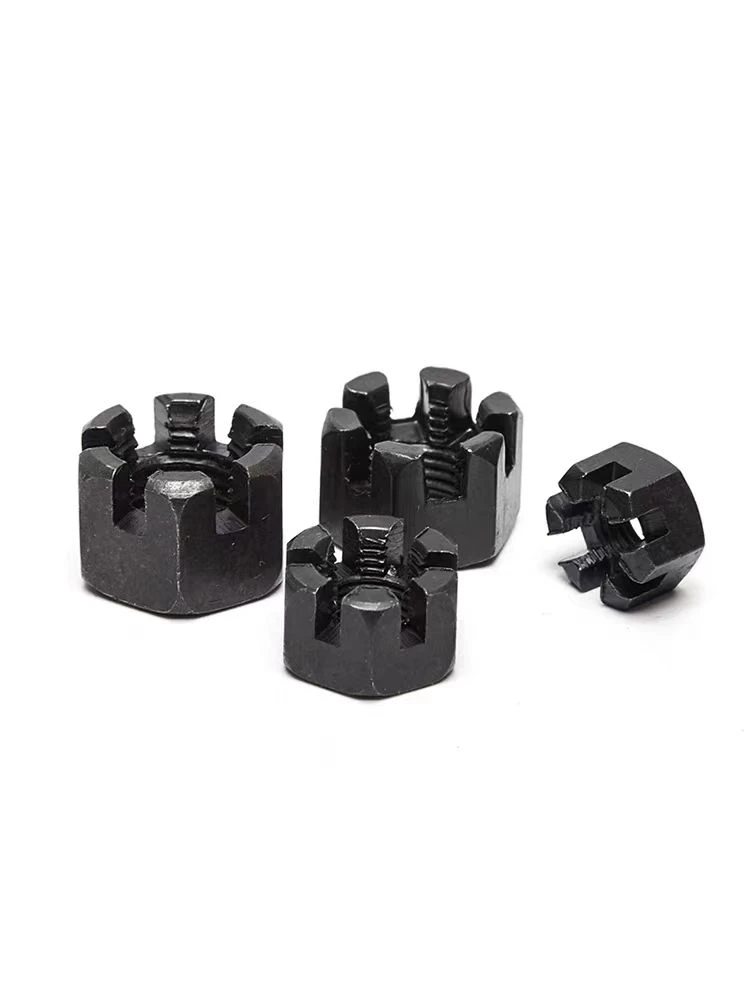

High-Quality Screw Hex Nuts | Best Fasteners for Your Projects
Sep . 03, 2024 06:42 Back to list
High-Quality Screw Hex Nuts | Best Fasteners for Your Projects
The Intricacies of Screw Hex Nuts An Essential Component in Fastening Technology
In the world of mechanical fastening, few components are as indispensable as the screw hex nut. These small yet vital parts play a significant role in ensuring the integrity and stability of various assemblies, from simple household items to complex machinery. Understanding the design, functionality, and applications of screw hex nuts can illuminate their importance in engineering and construction.
A screw hex nut is a type of fastener characterized by its hexagonal shape, which allows for easy handling and application with standard tools
. Typically made from materials like steel, stainless steel, or brass, these nuts are designed to fit over the threaded end of a screw or bolt, providing a secure hold when tightened. The geometry of the hex shape facilitates the application of torque through a wrench or pliers, allowing for a significant amount of force to be applied during installation.One of the key advantages of screw hex nuts is their versatility. They are used in a wide range of applications, making them a staple in various industries including automotive, aerospace, construction, and furniture manufacturing. From securing the wheels of a car to holding together the framework of a building, hex nuts provide the strength and reliability needed for safe and effective fastening solutions.
screw hex nut

Moreover, hex nuts come in various sizes and thread types to accommodate different screws and bolts. The compatibility of these components is crucial in engineering, where precise specifications are necessary. Using the correct size ensures the load is evenly distributed and prevents damage to the materials being fastened, which is essential for the overall longevity and safety of the assembly.
Beyond their basic functionality, screw hex nuts also play a vital role in the maintenance and repair of mechanical systems. When disassembling machinery, hex nuts can be easily removed and replaced, offering convenience and efficiency. This ease of access is crucial in industries that require regular maintenance to keep equipment running smoothly and safely.
Additionally, advancements in manufacturing technology have led to the development of specialized hex nuts designed for specific applications. For instance, locking hex nuts feature built-in mechanisms to resist loosening due to vibration, while flange nuts provide additional stability through their wider surface area. These innovations enhance the performance of fastening systems, further solidifying the importance of hex nuts in modern engineering.
In conclusion, screw hex nuts may appear to be simple components, but they are fundamental to the functionality and safety of countless applications. Their ease of use, versatility, and variety make them a preferred choice for engineers and manufacturers worldwide. As technology continues to evolve, the development of improved design and materials will only enhance the role of screw hex nuts in various industries, ensuring they remain a crucial element of fastening technology for years to come. With a better understanding of their significance, one can appreciate the artistry and engineering skill that goes into these small yet mighty components.
Latest news
-
Hot Dip Galvanized Bolts-About LongZe|High Strength, Corrosion Resistance
NewsJul.30,2025
-
High-Strength Hot Dip Galvanized Bolts - Hebei Longze | Corrosion Resistance, Customization
NewsJul.30,2025
-
Hot Dip Galvanized Bolts-Hebei Longze|Corrosion Resistance&High Strength
NewsJul.30,2025
-
High-Strength Hot-Dip Galvanized Bolts-Hebei Longze|Corrosion Resistance&High Strength
NewsJul.30,2025
-
Hot Dip Galvanized Bolts-Hebei Longze|Corrosion Resistance&High Strength
NewsJul.30,2025
-
Hot Dip Galvanized Bolts - Hebei Longze | Corrosion Resistance, High Strength
NewsJul.30,2025

